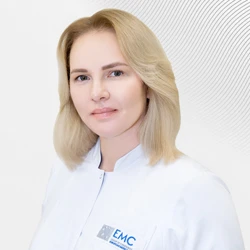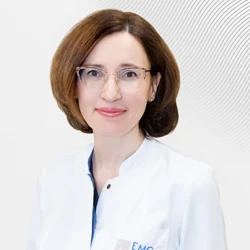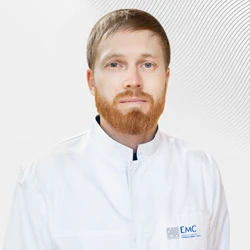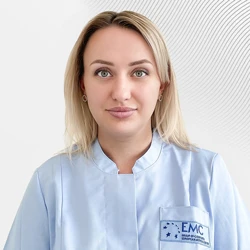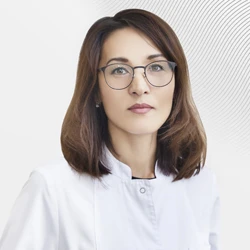The American Journal of Gastroenterology published an article by Diego M. Diaz et al. on the results of surgical treatment of gastroesophageal reflux disease (GERD) in children (Am J Gastroenterol. 2005; 100 (8): 1844-1852). The article presents data from a large study of early and long-term outcomes of surgical treatment of a large group of patients with GERD, conducted by pediatric surgeons from Egleston Children's Hospital, Atlanta, USA. The authors investigated the risk of repeated operations and the factors that can influence it.
Regurgitation in children
Regurgitation syndrome is one of the most common reasons for parents of young children to consult a pediatrician and a surgeon. The pathological (non-physiological) discharge of stomach contents into the esophagus is called gastroesophageal reflux (gastroesophageal reflux disease (GERD)). Among the main symptoms of GERD are regurgitation, vomiting, impaired weight gain in young children, chronic bronchitis, anemia, etc.
The problem of gastro-esophageal reflux treatment is at the intersection of pediatrics, pediatric surgery and neurology. For example, in children with an immature antireflux mechanism, regurgitation and vomiting easily occur with an incorrectly selected feeding regime and volume, as a reaction to artificial mixtures, at the slightest signs of infectious processes. Numerous studies confirm that the mechanism of nervous regulation of antireflux mechanism in children is complex and can easily be disrupted by external and internal factors. This is especially common in newborns at risk.: toxicosis of pregnancy, cesarean section, complicated childbirth, prematurity, etc. Among the causes of gastro-esophageal reflux are congenital disorders of the structure of the esophagus and stomach (hernias of the esophageal orifice of the diaphragm, chalasia of the esophagus, etc.).;
Gastrointestinal reflux and its complications are increasingly being diagnosed in pediatric practice. The range of technologies used in the treatment of GERD is quite wide. Treatment usually includes adjustments to feeding and nutrition, medication, and, if necessary, surgery. Indications for surgery include: congenital GERD, GERD associated with concomitant diseases, and GERD that is not amenable to pharmacological therapy. Antireflux surgery is aimed at eliminating the symptoms associated with GERD.
The opinion of EMC surgeons
Viktor Rachkov, MD, Head of the Surgical Department of the EMC Children's Clinic:
"We agree with the authors who believe that the surgery of choice in the treatment of gastro-esophageal reflux is Nissen fundoplication. We have proven this with our experience in treating this group of patients. This type of surgical intervention is widely used in leading pediatric surgical clinics in Europe and the USA. The essence of the operation is to create an artificial antireflux valve that prevents regurgitation and vomiting. Nissen's surgery is considered an effective and relatively safe surgical procedure, and the type of access can be either "open" or laparoscopic. The modern development of pediatric surgery allows performing most operations from minimally invasive access.
The first reports on the use of laparoscopic surgery in children with GERD appeared in the literature in 1993. It is believed that fundoplication, and in particular, Nissen fundoplication, is currently the second most common surgical operation performed in children in the United States of America. Our experience with minimally invasive techniques suggests that laparoscopic surgery is characterized by a faster recovery period, a shorter time interval before the start of a regular diet, and a shorter hospital stay than standard "open" surgery.
According to literature data, the proportion of unsuccessful antireflux surgeries ranges from 10 to 25%. According to various authors, groups of children with an increased risk of ineffective fundoplications requiring repeated operations include children with chronic respiratory diseases, diseases of the central nervous system, who underwent surgery for esophageal atresia, and children under 1 year of age. One of the relevant areas of scientific research in pediatric surgery is to identify the causes of GERD recurrence after surgical interventions, and to develop an algorithm for treating GERD to achieve the best result. Pediatric surgeons from Egleston Children's Hospital, Atlanta, USA have done a lot of work in this area. They conducted a retrospective catamnestic analytical study of the medical records of more than 450 children under the age of 5 who underwent fundoplication. The average follow-up time was 36.2 months. Based on a serious mathematical analysis of the immediate and long-term treatment results, the effectiveness of the operation was evaluated and risk factors for the development of GERD recurrence were studied. According to the authors, the number of repeat operations after Nissen laparoscopic fundoplication (LFN) was significantly higher than after Nissen open fundoplication (OFN).
Surgeons of the EMC Children's Clinic actively participated in research on the problem of surgical treatment of gastro-esophageal reflux in children, in close cooperation with the Department of Pediatric Surgery of the Russian National Medical University named after N.I. Pirogov. The results of these studies have been published in a large number of articles and presented at congresses and congresses, including abroad. Our data are based on the treatment results of 265 children who underwent Nissen laparoscopic surgery. The average age of the operated patients was 4.7 years. The follow-up period for operated patients is more than 7 years. Our research has identified risk groups for disease recurrence that are similar to the American authors. We also noted a low rate of intraoperative complications (2.3%). However, in our follow–up group, we noted a significantly lower risk of needing repeated operations after LFN – 5.6% (in the study of colleagues from Atlanta - 14.05%) due to the use of our own surgical techniques of minimally invasive laparoscopic fundoplication surgery."
Full text of the article"Results of antireflux surgery in the treatment of gastroesophageal reflux disease in children"In Russian, you can readhere.
Was this information helpful?
Questions and answers
Ask a Question
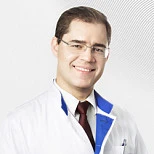






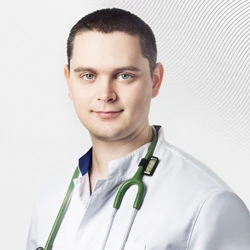
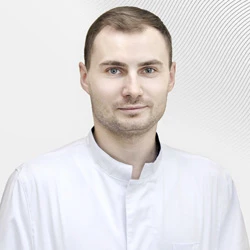
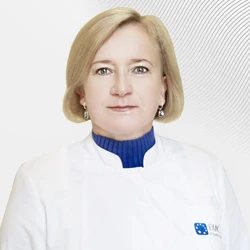
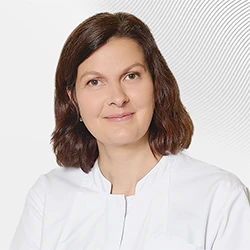
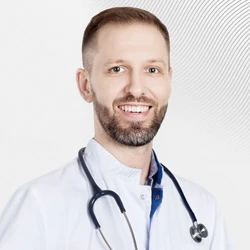
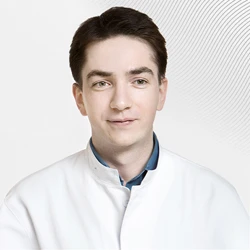
.webp)
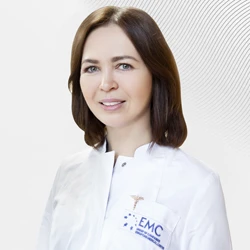


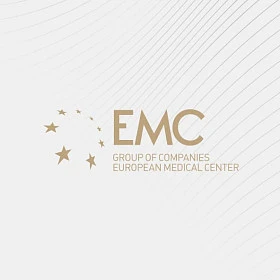

.webp)
